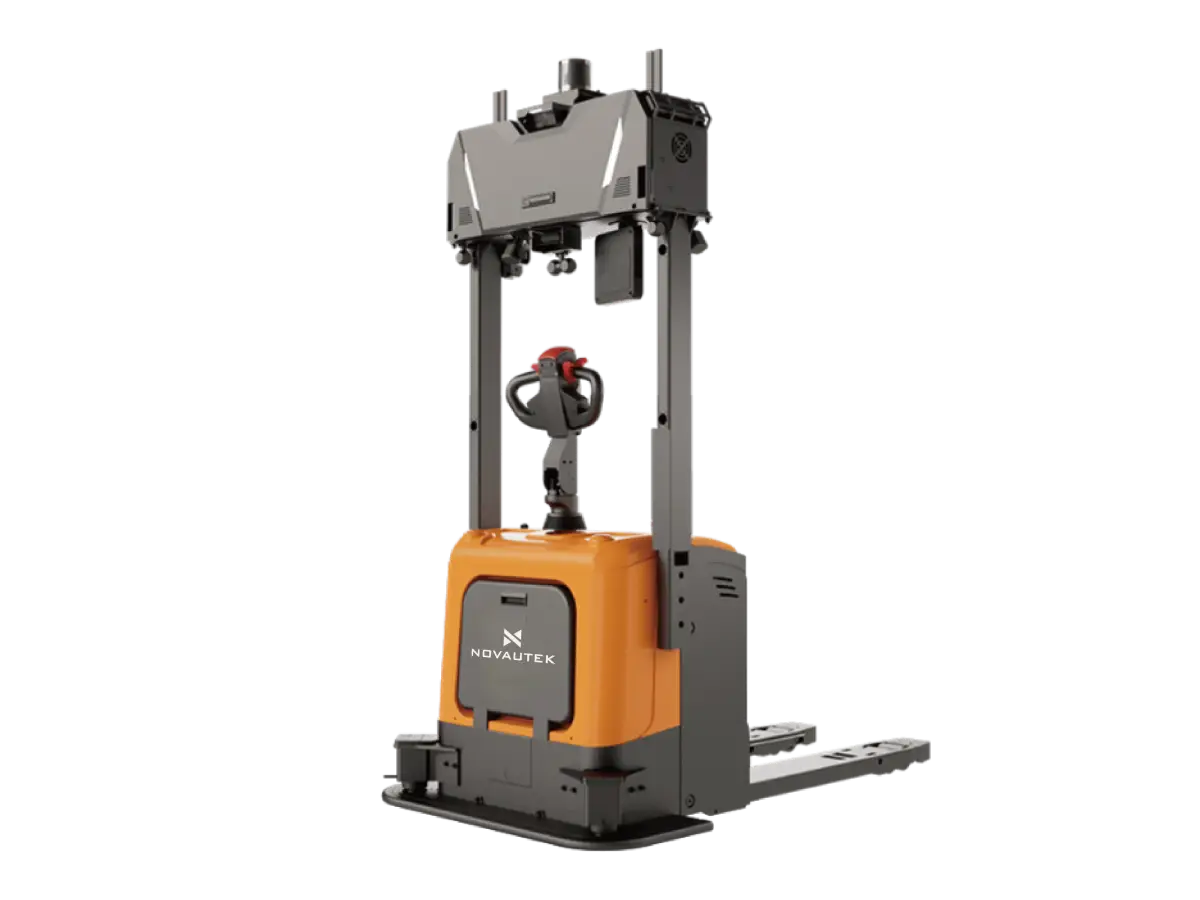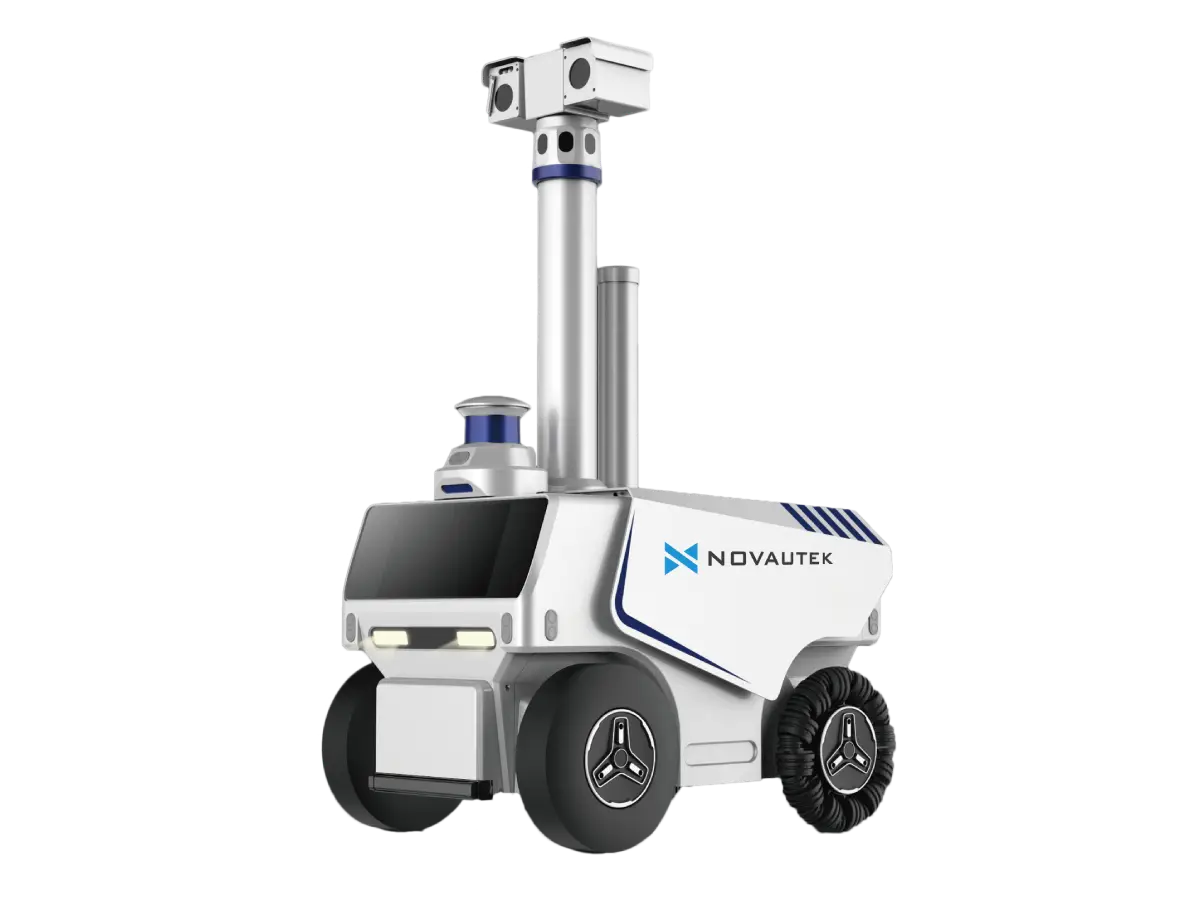The Dawn of Robot-Enhanced Human Potential
The integration of intelligent robots into our daily lives represents one of the most transformative technological shifts in human history. As we stand at the cusp of a new era, these sophisticated machines are revolutionizing not just how we work, but how we live, interact, and envision our future. The seamless collaboration between humans and intelligent robots is opening unprecedented possibilities for enhancing human capabilities while solving complex challenges across industries.
From manufacturing floors to healthcare facilities, intelligent robots are becoming indispensable partners in our quest for efficiency and innovation. These advanced machines combine artificial intelligence, sophisticated sensors, and precise mechanical capabilities to perform tasks that were once deemed impossible for automation. Their impact extends far beyond simple task automation – they're reshaping entire industries and creating new paradigms for human-machine collaboration.
Transforming the Modern Workplace
Enhanced Productivity and Precision
In the contemporary workplace, intelligent robots are revolutionizing operational efficiency. These sophisticated systems can operate 24/7 with consistent precision, dramatically reducing error rates while increasing output. Manufacturing facilities employing intelligent robots have reported productivity increases of up to 30%, while maintaining higher quality standards than traditional methods.
The integration of intelligent robots in assembly lines has enabled unprecedented levels of customization and flexibility. These systems can switch between different tasks seamlessly, adapting to varying production requirements without the lengthy retooling processes typically associated with conventional automation.
Workplace Safety and Risk Reduction
One of the most significant advantages of intelligent robots is their ability to handle hazardous tasks and operate in dangerous environments. From managing toxic materials to working in extreme temperatures, these robots are protecting human workers by taking on high-risk responsibilities. This has led to a marked decrease in workplace accidents and improved overall safety conditions.
Modern intelligent robots are equipped with advanced sensors and safety protocols that allow them to work alongside humans without posing risks. This collaborative approach, known as cobotics, has created safer work environments while maintaining high productivity levels.

Revolutionizing Healthcare and Patient Care
Surgical Precision and Innovation
The healthcare sector has witnessed a remarkable transformation through the integration of intelligent robots. Surgical robots are now performing complex procedures with unprecedented precision, leading to better patient outcomes and faster recovery times. These systems provide surgeons with enhanced visualization and control, enabling minimally invasive approaches to traditionally complex operations.
The application of intelligent robots in surgery has expanded the possibilities of medical intervention, allowing procedures that were once considered too risky or impossible. These systems can access hard-to-reach areas and perform microscopic movements with absolute precision, revolutionizing the field of microsurgery.
Patient Care and Support
Beyond the operating room, intelligent robots are transforming patient care in numerous ways. From automated medication dispensing to physical therapy assistance, these systems are providing consistent, reliable support to healthcare professionals. They're particularly valuable in situations requiring 24/7 monitoring or repetitive therapeutic exercises.
Rehabilitation robots are helping patients recover from injuries and surgeries more effectively, providing consistent support and detailed progress tracking. These systems can adapt their assistance levels based on patient progress, ensuring optimal recovery paths.
Enhancing Home Life and Daily Activities
Smart Home Integration
The domestic sphere is experiencing a revolution as intelligent robots become integral parts of our homes. From autonomous vacuum cleaners to sophisticated home assistants, these systems are transforming how we manage our living spaces. They're learning our preferences, anticipating our needs, and creating more comfortable and efficient living environments.
Modern home robots can coordinate with smart home systems, creating seamless automation experiences. They can manage energy usage, maintain security, and even assist with cooking and cleaning tasks, allowing homeowners to focus on more meaningful activities.
Personal Assistance and Care
Intelligent robots are proving invaluable in providing care and assistance to elderly or disabled individuals. These systems can help with daily tasks, monitor health metrics, and provide companionship, enabling more independent living while ensuring safety and well-being.
The development of socially assistive robots has opened new possibilities for emotional support and interaction. These robots can recognize and respond to human emotions, providing companionship and basic emotional support to those who might otherwise feel isolated.
Environmental Impact and Sustainability
Resource Optimization
Intelligent robots are playing a crucial role in environmental conservation efforts. Through precise resource management and optimization, these systems are helping reduce waste and improve energy efficiency across industries. Their ability to operate with exact precision means less material waste and lower energy consumption.
In agriculture, intelligent robots are enabling more sustainable farming practices through precise irrigation, targeted pest control, and optimal harvest timing. This results in reduced water usage and minimal chemical application while maintaining or improving crop yields.
Waste Management and Recycling
The recycling industry has been transformed by intelligent robots capable of sorting materials with unprecedented accuracy. These systems can identify and separate different types of recyclables at high speeds, improving recycling efficiency and reducing contamination rates.
Advanced waste management robots are helping cities maintain cleaner environments while optimizing collection routes and processing methods. This leads to reduced fuel consumption and more efficient resource recovery from waste streams.
Frequently Asked Questions
How safe is it to work alongside intelligent robots?
Modern intelligent robots are designed with multiple safety features including advanced sensors, emergency stops, and force-limited movements. They undergo rigorous safety testing and certification processes, making them extremely safe for human collaboration when properly implemented and maintained.
What kind of training is needed to work with intelligent robots?
The level of training required varies depending on the specific application, but generally includes basic operational training, safety protocols, and system maintenance procedures. Many manufacturers provide comprehensive training programs, and some roles may require additional certifications or specialized technical education.
How will intelligent robots impact employment opportunities?
While intelligent robots will automate certain tasks, they're also creating new job opportunities in robot maintenance, programming, and supervision. The focus is shifting toward roles that require human creativity, emotional intelligence, and complex decision-making abilities that robots cannot replicate.

